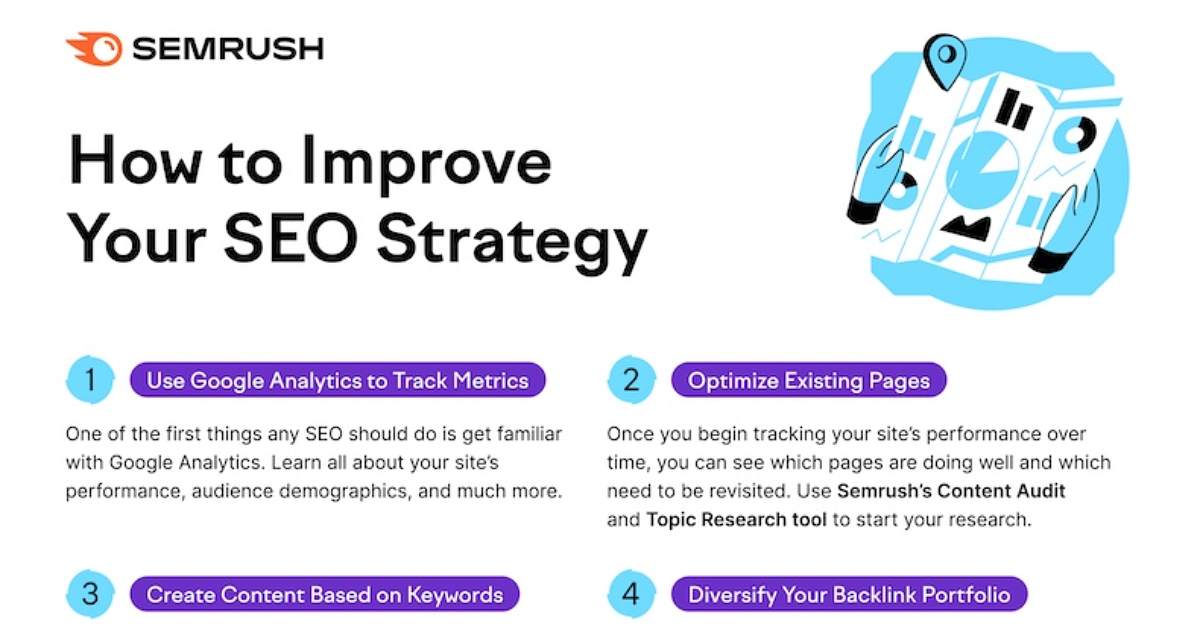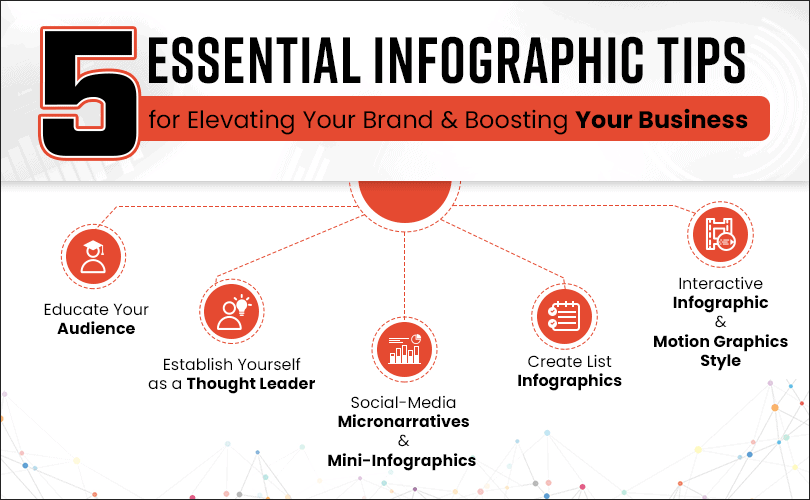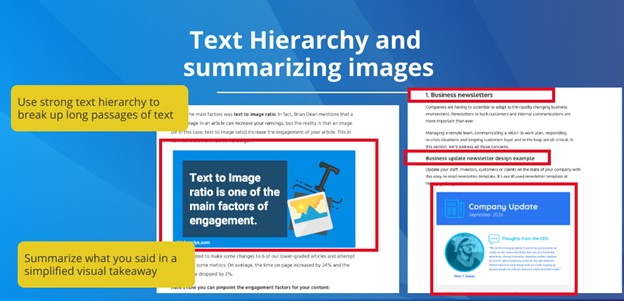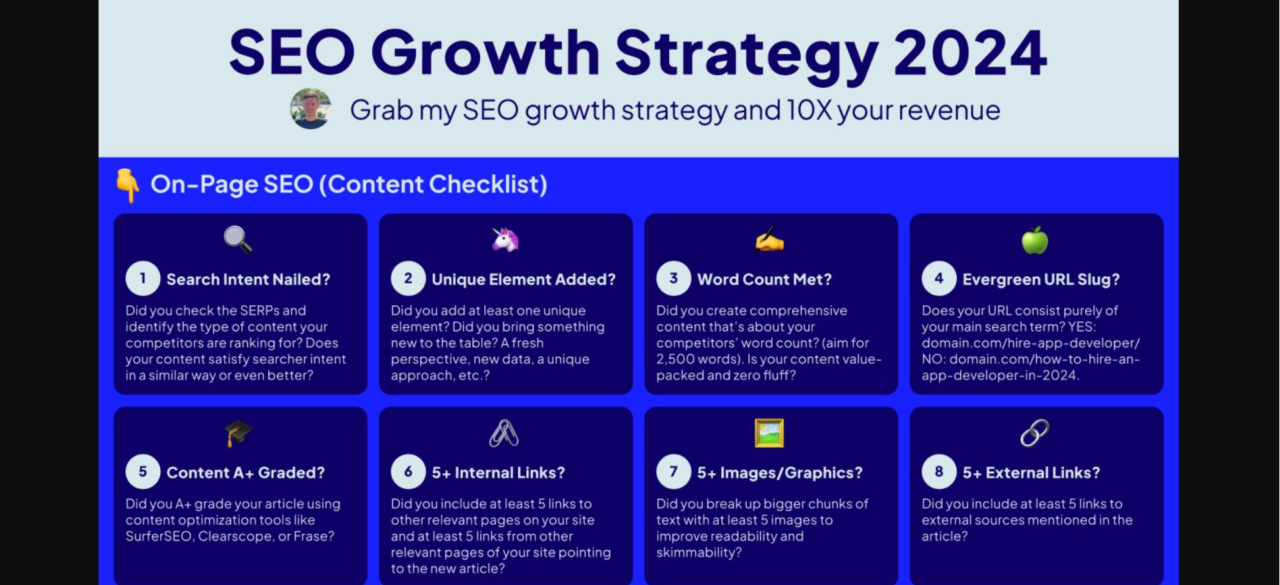Unlock the secrets to optimizing your SEO strategy with our comprehensive FAQ guide – stay ahead of the competition now!

Image courtesy of via DALL-E 3
Table of Contents
Introduction to SEO
Do you ever wonder how websites show up when you search for something online? The secret lies in SEO, which stands for Search Engine Optimization. SEO helps websites like yours appear in search results when people look for specific things on the internet. Let’s dive into what SEO is and why it’s so important for websites.
What is SEO?
In simple terms, SEO is like a magic spell that helps search engines find your website easily. It’s all about using the right words, called keywords, so that search engines understand what your site is all about. The better you use these keywords, the higher your website can climb in search results.
Why is SEO Important?
Imagine you have a lemonade stand, but nobody knows where to find it. That’s what happens without good SEO. You could have the best lemonade in town, but if people can’t find your stand, they can’t enjoy it. SEO helps your website get noticed by the people who are looking for what you offer, just like having a big sign that says, “Best Lemonade Here!”
How Search Engines Work
Search engines like Google use special programs called crawlers to discover new web pages on the internet. These crawlers visit websites, read the content, and follow links to other pages. Once a page is found, it is added to a big list called an index. The index is like a giant library catalog that search engines use to find information quickly when you type in a search query.
Ranking Algorithms
After crawling and indexing web pages, search engines use complex algorithms to decide which pages will appear first in search results. These algorithms consider many factors, such as the relevance of the content to the search query, the quality of the website, and how many other websites link to it. By analyzing all these factors, search engines determine the best results to show you when you search for something.
Choosing the Right Keywords
In the world of SEO, keywords are like magic words that help search engines understand what your website is all about. These are the specific words or phrases that people type into search engines when looking for information, products, or services. By choosing the right keywords, you can increase the chances of your website showing up in search results.

Image courtesy of www.marketingprofs.com via Google Images
How to Find Keywords
So, how do you find these magical keywords? Well, there are tools available that can help you discover what words and phrases people are searching for online. These tools provide valuable insights into popular search terms related to your website’s content. By using these tools, you can uncover hidden gems that will attract more visitors to your site.
Selecting the Best Keywords
Now that you have a list of potential keywords, it’s time to choose the best ones for your website. When selecting keywords, it’s essential to consider both their relevance and competitiveness. You want to pick keywords that accurately reflect your content but are not too difficult to rank for. It’s like choosing the perfect fishing bait – you want something that will attract the big fish without getting lost in the sea of competition.
On-Page SEO Techniques
Meta tags are pieces of information that describe your webpage’s content to search engines. These tags include the title tag, meta description, and meta keywords. By optimizing meta tags with relevant keywords, you can improve your website’s visibility in search engine results.
Creating Quality Content
Quality content is essential for effective SEO. Search engines prioritize websites that offer valuable and engaging information to users. By creating high-quality content that is both informative and interesting, you can attract more visitors to your site and improve your search rankings.
Optimizing Headers
Headers play a crucial role in on-page SEO by organizing content on a webpage and making it easier for users to read. By using headers (such as H1, H2, H3, etc.) to break up your content into sections, you can improve the user experience and help search engines understand the structure of your page. This, in turn, can boost your SEO efforts.
Off-Page SEO Tactics
When it comes to improving your website’s search engine rankings, off-page SEO tactics play a crucial role. These strategies go beyond just optimizing your website itself and focus on activities that take place outside of your site. Let’s explore some effective off-page SEO tactics that can help boost your website’s visibility.

Image courtesy of www.cibirix.com via Google Images
Building Backlinks
One of the most important off-page SEO tactics is building backlinks. Backlinks are links from other websites that point to your site. Search engines view backlinks as a vote of confidence in your content, and the more high-quality backlinks you have, the better your site is likely to rank in search results. This is because backlinks signal to search engines that your site is trustworthy and authoritative. To build backlinks, you can reach out to other websites in your industry and ask for a link, create shareable content that is likely to attract backlinks naturally, or submit your site to online directories.
Using Social Media
Social media is another powerful off-page SEO tactic. By maintaining an active presence on social media platforms like Facebook, Twitter, and Instagram, you can drive traffic to your site and increase its visibility. Sharing your content on social media can help it reach a wider audience and encourage others to share it as well. Additionally, social media profiles themselves often rank in search results, so having a strong social media presence can also benefit your SEO efforts. To leverage social media for SEO, make sure to engage with your followers, share valuable content, and use relevant hashtags to reach a larger audience.
Tracking SEO Success
In order to know if your SEO efforts are paying off, it’s essential to track and measure your website’s performance using analytics tools. By analyzing metrics, you can understand how well your site is doing in search engine results pages.
Using Analytics Tools
One of the key tools for tracking SEO success is Google Analytics. This free tool provides valuable insights into your website’s traffic, user behavior, and conversions. By setting up Google Analytics on your site, you can track important metrics such as the number of visitors, where they’re coming from, and which pages they’re visiting.
Another useful tool is Google Search Console, which helps you monitor how your site is performing in Google’s search results. It provides data on your site’s visibility, search traffic, and the keywords that users are using to find your site.
Understanding Metrics
There are several common metrics that you should pay attention to when tracking SEO success:
Page views: This metric tells you how many times a page on your website has been viewed. An increase in page views indicates that your content is attracting more visitors.
Bounce rate: The bounce rate measures the percentage of visitors who leave your site after viewing only one page. A high bounce rate could indicate that visitors are not finding what they’re looking for on your site.
Conversion rate: This metric shows the percentage of visitors who complete a desired action on your site, such as making a purchase or signing up for a newsletter. A high conversion rate indicates that your site is effectively engaging visitors.
By regularly monitoring these metrics and making informed decisions based on the data, you can effectively track the success of your SEO efforts and make improvements to further enhance your website’s visibility and ranking in search results.
Advanced SEO Tips
Now that you’ve mastered the basics of SEO, it’s time to take your website optimization to the next level with some advanced tips and techniques. These strategies will help you further enhance your SEO efforts and improve your website’s visibility in search engine results.

Image courtesy of www.marketingprofs.com via Google Images
Mobile Optimization
One crucial aspect of advanced SEO is ensuring that your website is optimized for mobile devices. With more and more people using smartphones and tablets to browse the internet, it’s essential that your site looks good and works well on smaller screens. Mobile optimization not only improves the user experience but also boosts your search engine rankings, as search engines prioritize mobile-friendly websites in their results.
Boosting Site Speed
Site speed is another critical factor in advanced SEO. A fast-loading website not only provides a better user experience but also positively impacts your search engine rankings. Search engines prefer websites that load quickly, as they prioritize delivering the best possible user experience to their users. By optimizing your site speed, you can improve your SEO performance and attract more visitors to your site.
Improving User Experience
Enhancing user experience is key to advanced SEO success. Search engines value websites that are easy to navigate, provide valuable content, and engage visitors effectively. By focusing on improving your site’s user experience, you can increase dwell time, reduce bounce rate, and ultimately boost your search engine rankings. Consider factors like intuitive navigation, high-quality content, and interactive features to create a positive user experience that will benefit both your visitors and your SEO efforts.
Common SEO Mistakes to Avoid
When trying to improve your website’s visibility on search engines, it’s crucial to avoid certain common mistakes that can actually harm your SEO efforts. Let’s take a look at some of the pitfalls to steer clear of:
Keyword Stuffing
One of the most common SEO mistakes is keyword stuffing, which is the excessive use of keywords in an attempt to manipulate search engine rankings. While it’s essential to incorporate relevant keywords into your content, overdoing it can result in penalties from search engines. Remember, quality content that provides value to your readers should always be your top priority.
Duplicate Content
Having duplicate content across your website can be detrimental to your SEO efforts. Search engines prioritize unique and original content, so having the same content replicated on multiple pages can confuse search engines and impact your rankings negatively. Make sure each page on your website offers something distinct to avoid this mistake.
Black-hat SEO Tactics
Engaging in black-hat SEO tactics, such as buying links or keyword stuffing, may seem tempting for quick results, but they can lead to severe consequences in the long run. Search engines are continually updating their algorithms to penalize websites that employ dishonest tactics to boost rankings. It’s always best to focus on ethical and sustainable SEO practices to build a strong online presence.
Conclusion
Throughout this article, we’ve covered a lot of ground on the topic of SEO and how it can benefit your website. By understanding the importance of SEO and implementing the right strategies, you can significantly improve your online presence and reach a wider audience. Let’s quickly recap some key takeaways.

Image courtesy of www.linkedin.com via Google Images
SEO, which stands for Search Engine Optimization, is all about making your website more visible in search engine results. This helps people find your site when they’re looking for information related to your content.
Search engines like Google use complex algorithms to determine which websites to show first. By using the right keywords and optimizing your content, you can increase your chances of ranking higher in search results.
Choosing the best keywords for your content is crucial. Conducting keyword research and selecting relevant terms that people are searching for can make a big difference in your SEO success.
On-page SEO techniques, like using meta tags, creating quality content, and optimizing headers, can further boost your website’s visibility and improve user experience.
Off-page SEO tactics, such as building backlinks and leveraging social media, are also essential for driving traffic to your site and improving your search engine rankings.
Tracking your SEO success through analytics tools and understanding important metrics like page views and bounce rate will allow you to measure the effectiveness of your strategies and make necessary adjustments.
By implementing advanced SEO tips like mobile optimization, boosting site speed, and improving user experience, you can take your SEO efforts to the next level and ensure a positive user experience for visitors.
Avoiding common SEO mistakes like keyword stuffing, duplicate content, and black-hat tactics is vital to maintaining a strong online presence and safeguarding your website’s reputation.
Now that you have a better understanding of SEO and the various strategies you can use to enhance your website’s visibility, it’s time to put this knowledge into practice. Start implementing these techniques today and watch your website climb the ranks in search engine results!
Want to turn these SEO insights into real results? Seorocket is an all-in-one AI SEO solution that uses the power of AI to analyze your competition and craft high-ranking content.
Seorocket offers a suite of powerful tools, including a Keyword Researcher to find the most profitable keywords, an AI Writer to generate unique and Google-friendly content, and an Automatic Publisher to schedule and publish your content directly to your website. Plus, you’ll get real-time performance tracking so you can see exactly what’s working and make adjustments as needed.
Stop just reading about SEO – take action with Seorocket and skyrocket your search rankings today. Sign up for a free trial and see the difference Seorocket can make for your website!
Frequently Asked Questions (FAQs)
What is SEO?
SEO stands for Search Engine Optimization. It’s a way to help websites show up in search results when people look for things on the internet. Think of it as a special secret code that makes websites easier to find on search engines like Google.
Why is SEO Important?
SEO is crucial for websites because it helps them get noticed by people searching online. Without SEO, websites could get lost in the huge sea of information on the internet. By using SEO, websites can attract more visitors and stand out from the competition.
How do Search Engines Find Websites?
Search engines like Google use special programs called crawlers to discover web pages. These crawlers visit websites, read the content, and then store that information in their index. When you type something into a search engine, it looks at this index to find the most relevant websites to show you.
What are Keywords and How do I Find Them?
Keywords are words or phrases that people type into search engines when looking for something. To find good keywords for your website, you can use tools like Google Keyword Planner to see what words are popular. By choosing the right keywords, your website has a better chance of appearing in search results.
Why are Backlinks Important for SEO?
Backlinks are links from other websites that lead to yours. Search engines see backlinks as a vote of confidence in your website’s content. The more backlinks you have from reputable sites, the more your website’s credibility and ranking can improve.
How can I Measure the Success of my SEO Efforts?
You can track the success of your SEO efforts using tools like Google Analytics. This tool shows you important metrics like how many people visit your site, how long they stay, and which pages they look at. By monitoring these metrics, you can see if your SEO strategies are working and where you can make improvements.
What are Some Common SEO Mistakes to Avoid?
One common mistake is keyword stuffing, which means using too many keywords in your content. This can make your website look spammy and hurt your rankings. Another mistake is having duplicate content on different pages of your site, which can confuse search engines. Lastly, using black-hat SEO tactics like buying links or hiding text on your website can get you into trouble with search engines.







